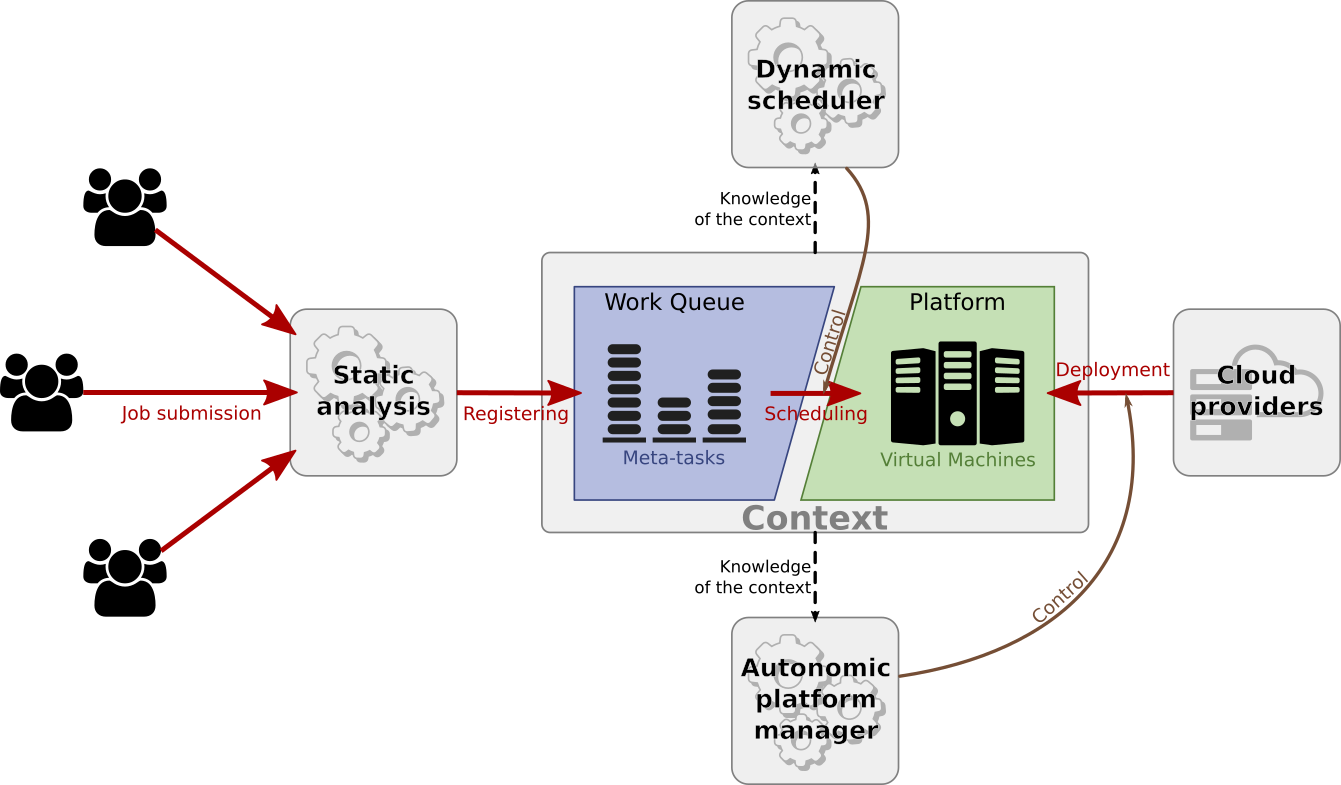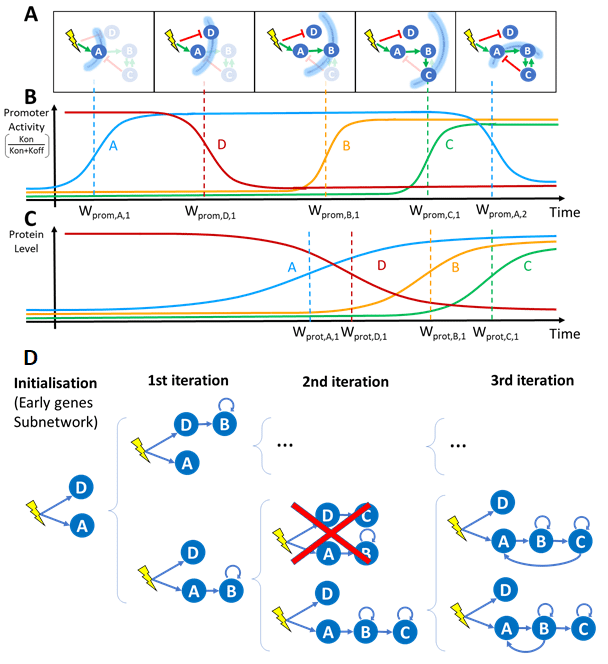Summary
Europe is undergoing a major transition in its energy generation and supply infrastructure. The urgent need to halt carbon dioxide emissions and prevent dangerous global temperature rises has received renewed impetus following the unprecedented international commitment to enforcing the 2016 Paris Agreement on climate change. Rapid adoption of solar and wind power generation by several EU countries has demonstrated that renewable energy can competitively supply significant fractions of local energy needs in favourable conditions. These and other factors have combined to create a set of irresistible environmental, economic and health incentives to phase out power generation by fossil fuels in favour of decarbonised, distributed energy sources. While the potential of renewables can no longer be questioned, ensuring reliability in the absence of constant conventionally powered baseload capacity is still a major challenge.
The EoCoE-II project will build on its unique, established role at the crossroads of HPC and renewable energy to accelerate the adoption of production, storage and distribution of clean electricity. How will we achieve this? In its proof-of-principle phase, the EoCoE consortium developed a comprehensive, structured support pathway for enhancing the HPC capability of energy-oriented numerical models, from simple entry-level parallelism to fully-fledged exascale readiness. At the top end of this scale, promising applications from each energy domain have been selected to form the basis of 5 new Energy Science Challenges in the present successor project EoCoE-II that will be supported by 4 Technical Challenges
Partners
CEA, FZJ, ENEA, BSC, CNRS, INRIA, CERFACS, MPG, FRAUNHOFER, FAU, CNR, UNITN, PSNC, ULB, UBAH, CIEMAT, IFPEN, DDN, RWTH, UNITOV
Project Information
EoCoE-II is a H2020 RIA european project, call H2020-INFRAEDI-2018-1.
Duration: 3 years, Jan 1st 2019, Dec 31st 2021.
Avalon Members: T. Gautier, C. Perez
Online Resources


